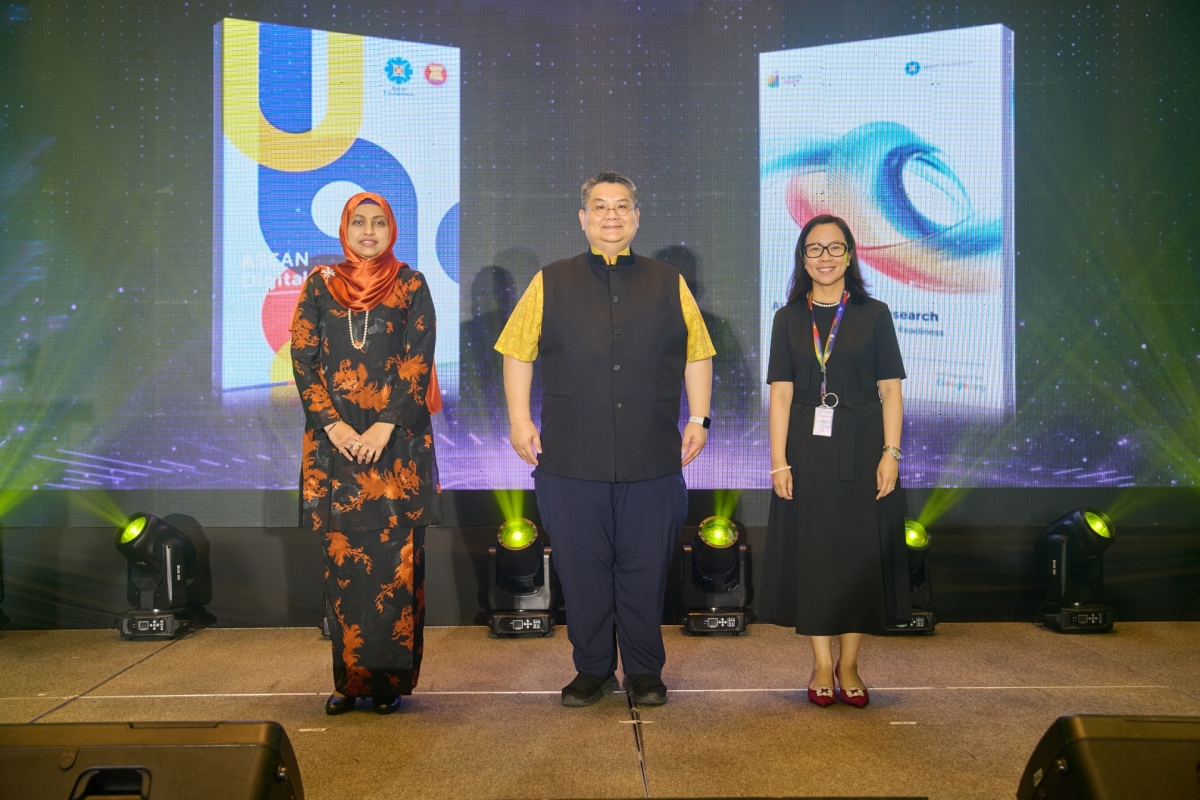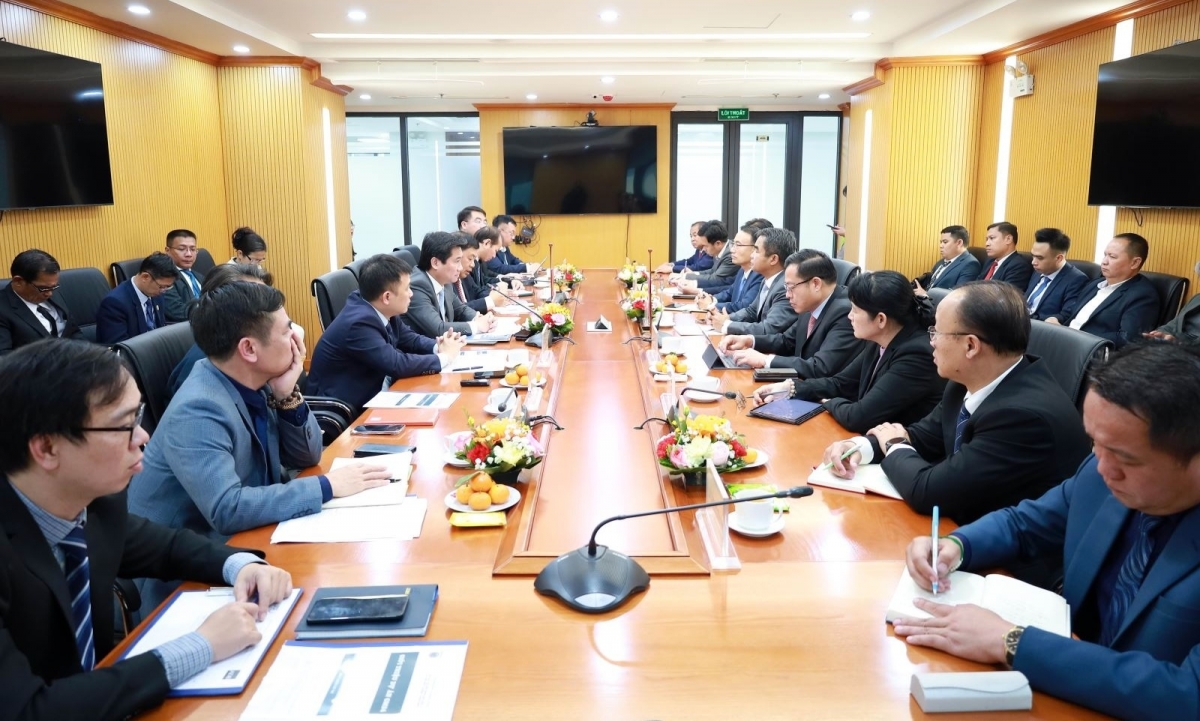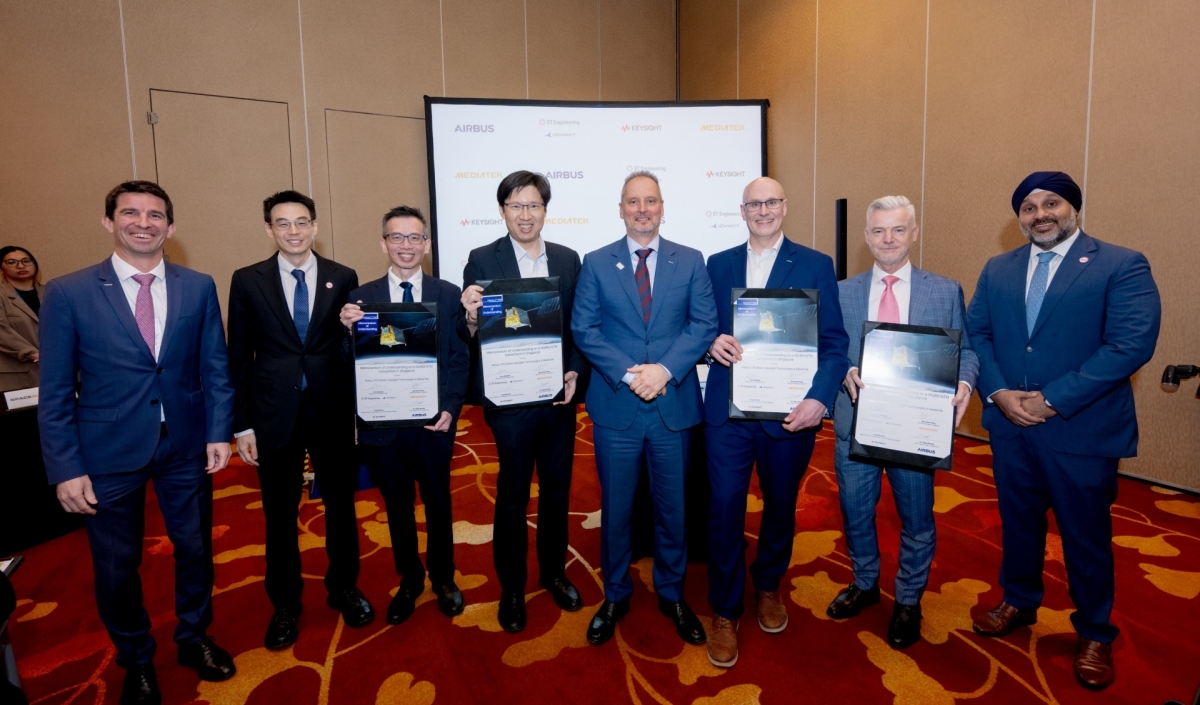INTERNATIONAL INVESTMENT
AND PORTAL
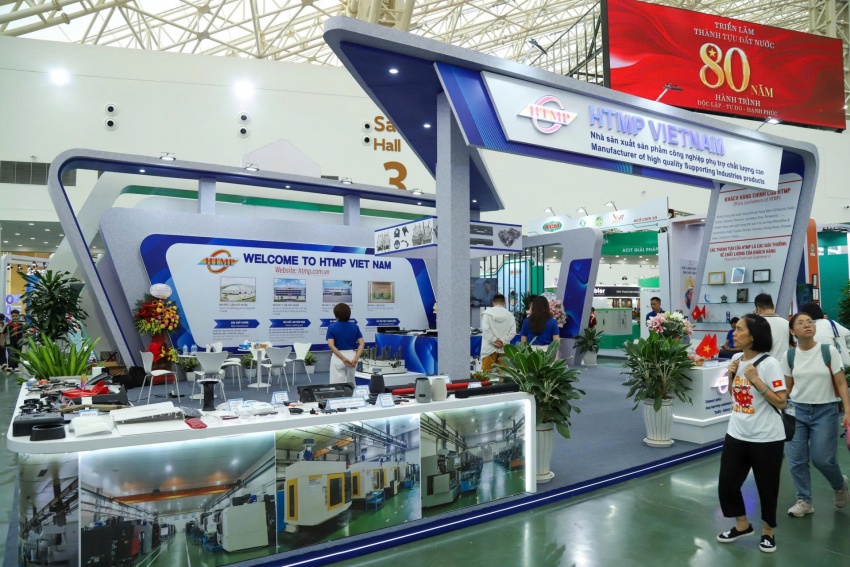
Despite annual export revenues reaching tens of billions of USD, Vietnam’s manufacturing sector remains heavily reliant on processing, with weak supply chain linkages limiting added value. In the context of global supply chain shifts, upgrading domestic enterprises has become increasingly urgent.
The ninth Factory Network Business Conference and Exhibition (FBC ASEAN 2025), scheduled for September 17–19 at the Vietnam Exhibition Centre in Hanoi and co-organised by NC Network Vietnam and the Vietnam Association for Supporting Industries, is expected to provide a significant boost.
The event will feature more than 500 booths from domestic firms as well as international participants from Germany, Italy, Japan, Thailand, and others, connecting with a global network of over 23,000 manufacturing companies through multiple platforms. 80 per cent of exhibitors are manufacturers, a very high proportion that underscores the practical nature of the exhibition. More than just a showcase, the event also opens up opportunities to connect with over 50 global buyers, including Mitsubishi Electric, Panasonic, Samsung, Fujifilm, Tiger, Foster, and Sanyo Denki.
According to the Ministry of Industry and Trade (MoIT), manufacturing and supporting industries currently contribute around 16–17 per cent of national GDP and generate millions of jobs. However, localisation rates in many sectors stand at only 30–35 per cent, much lower than Thailand or China. The main reasons include limited production capacity, lack of investment in technology renewal, and weak capabilities in management and research and development among domestic firms.
FBC ASEAN 2025 serves as both a showcase for the latest technologies and equipment in mechanics, automation, and electrical–electronic components, and a bridge for Vietnamese enterprises to connect with global partners. In addition to the exhibitions, the event will feature in-depth seminars on cooperation and technology transfer, as well as the J-TECH Showroom online platform, allowing businesses to schedule trade meetings with international partners in advance.
"This enhances the efficiency of the exhibition, turning it into a starting point for long-term cooperation rather than just short-term encounters," an MoIT representative noted.
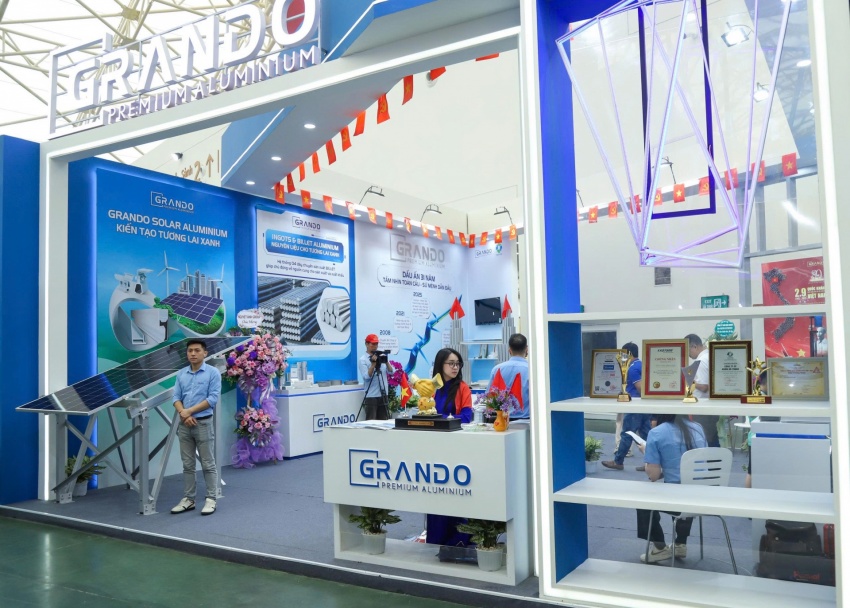
From an expert perspective, Chu Viet Cuong, director of the Industrial Development Support Centre under the MoIT’s Industry Agency, said, "Vietnam needs to concentrate on key supporting industries such as mechanical engineering, automotive, electronics, semiconductors, and textiles–footwear to avoid dispersing resources."
"At the same time, it is necessary to encourage a ‘technology ordering’ mechanism, encouraging technology transfer from foreign-invested enterprises to Vietnamese firms, with binding requirements on localisation and supply chain linkages," he added.
Vietnam currently has more than 6,000 supporting industry enterprises, but they have yet to fully meet domestic demand for components and spare parts. Localisation remains low in many industries, with just 15–20 per cent in mechanical engineering and 5–20 per cent in the automotive sector.
Experts also pointed out that the domestic market of 100 million people should serve as a testing ground for companies to validate products, improve technologies, and build brands. Only by meeting rising demands for quality, environmental standards, and sustainability at home will Vietnamese firms have the confidence to venture abroad with a stronger position.
FBC ASEAN 2025, therefore, offers a dual opportunity: fostering international cooperation while encouraging Vietnamese enterprises to enhance their mindset and capabilities. Through meetings and agreements at the exhibition, the country’s manufacturing sector can move beyond its role as a 'processing workshop' and become a reliable production partner, capable of sustainable integration with advanced economies.




